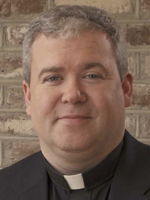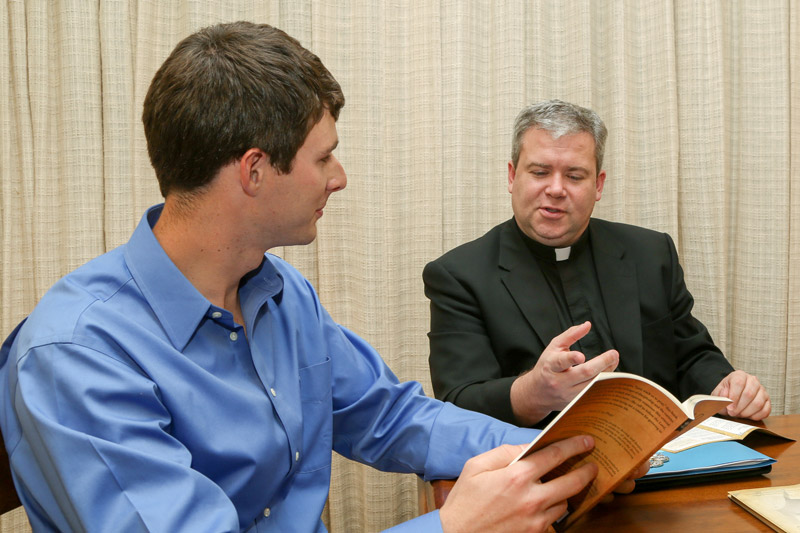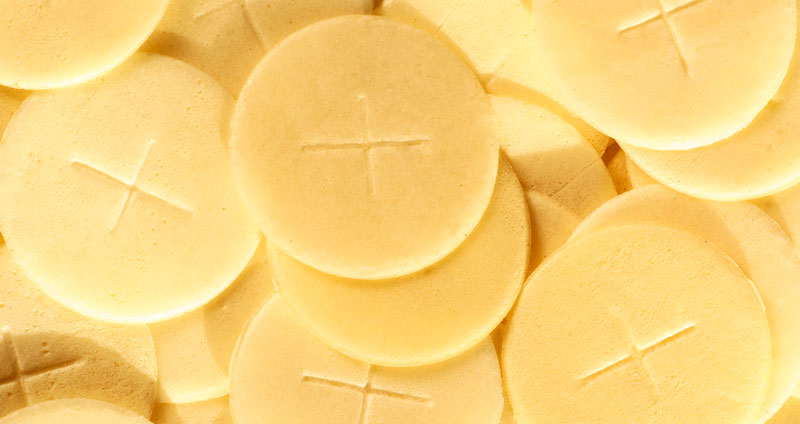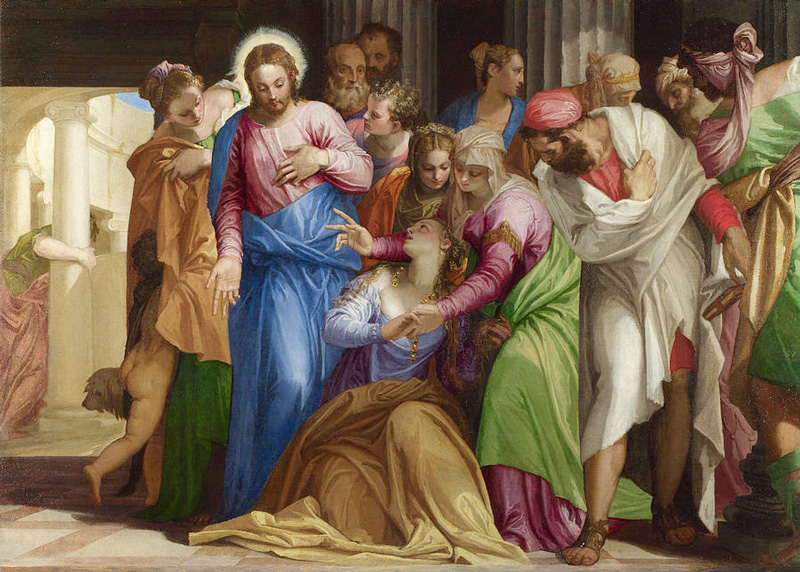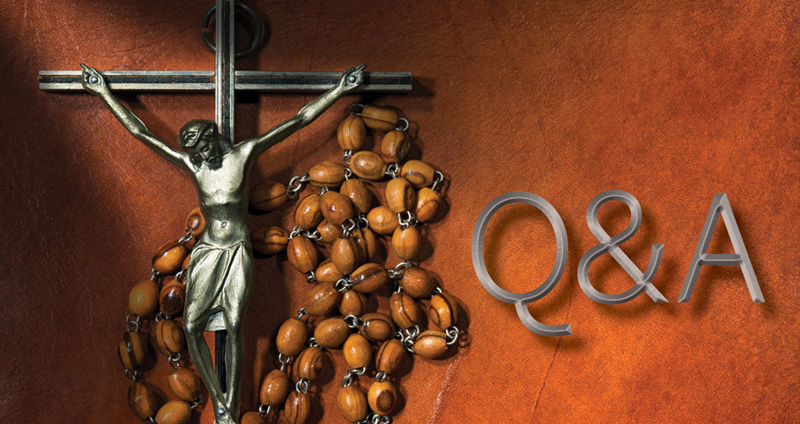
Q: In a previous column, you said that Catholics can’t scatter the ashes of loved ones because they have to be preserved and shown respect. Is it possible to keep the ashes at home? I have the ashes of a loved one and it helps me to know that they’re close to me. (Greenville, SC)
A: This is a good follow-up to the previous column about scattering ashes. In that column, it was explained why we can’t scatter ashes. Now, it’s good to address appropriate locations for the placement of ashes. Of course, the care of our loved ones’ remains is a sacred duty for the Christian. As believers in the Lord’s Incarnation and Resurrection, we esteem the respect of our bodies and the bodily remains of our loved ones.
While there’s great compassion for someone who wants to keep their deceased loved ones close, it’s worth emphasizing the dignity of our loved one’s body. Such a dignity does not seem fully recognized or cherished by placing them in a private home.
As Christians, the proper resting place for our loved ones is on consecrated ground, namely, a Catholic cemetery, parish columbarium or a gravesite blessed by a Catholic priest or deacon. This allows the bodies of our loved ones to be fully honored, as well as for prayers to be offered for them by the entire community.
Q: Recently my daughter was engaged. We’ve planned for the wedding at a local outside venue. Our priest, however, refuses to do the ceremony there. He insists that the wedding has to be in the church. Could you explain this to me? (Charlotte, NC)
A: Congratulations to your daughter and family! The nuptial celebration is one of the highest, happiest, and most sacred moments in a Christian’s life. In fact, it’s so holy that the Church obliges the faithful to be married in a consecrated Catholic house of worship, in front of a Catholic priest or deacon, and within a Catholic nuptial ceremony. Only for serious reasons could a bishop allow for an exception.
It’s for this reason that the Church directs nuptial ceremonies to be celebrated within a church. It excludes certain venues, such as golf courses, country clubs, hotels, beach resorts, etc. As believers, the exchanging of vows should be given in front of an altar, since that is where the Eucharist is celebrated in which the Lord Jesus fulfills his vow to us: “I will not leave you as orphans; I will come to you.” (Jn 14:18).
Your priest is being a good shepherd to your daughter and future son-in-law. He wants the best for them and for their nuptial ceremony.
Q: I was always taught to bow my head at the name of Jesus. I don’t see people doing that nowadays. Have we lost respect for the Holy Name? (Bluffton, SC)
A: The practice of bowing one’s head at the name of Jesus is still recommended by the Church, especially during the celebration of the Mass. The custom has been relatively neglected in recent times. Some of this is due to a change of culture that no longer focuses on external acts of deference. This change does not necessarily indicate a lack of respect, although neglecting external expressions can cause harm to our devotional lives and the emphasis of this custom should be reintroduced.
Father Jeffrey Kirby is administrator of Our Lady of Grace Church in Lancaster. Email him your questions at askfrkirby@gmail.com.

